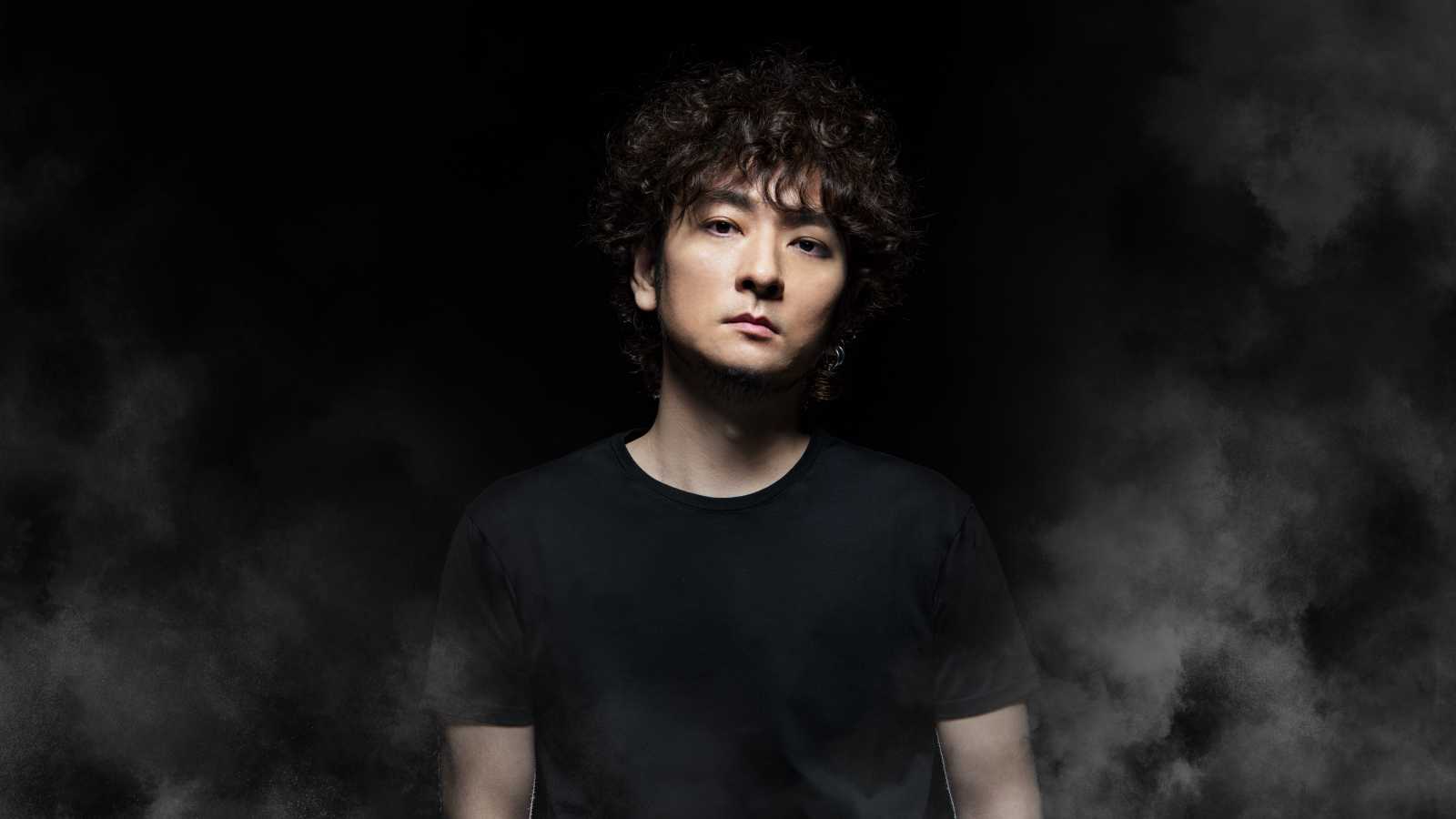One of the pioneering bands of the visual kei movement and never afraid to take a risk, BUCK-TICK has remained a force on the charts and on the Japanese rock scene for nearly thirty years.
In 1983, high school students Hisashi Imai and Yutaka “U-ta” Higuchi decided to start a band together. They recruited guitarist Hidehiko Hoshino, drummer Atsushi Sakurai and vocalist Araki, and became the band Hinan Go-Go. Without prior knowledge of their chosen instruments, the group learned to play through cover songs. The following year, Hinan Go-Go played their first festival in their native Gunma and decided to officially change the name of the band to BUCK-TICK, a variation of “bakuchiku,” the Japanese word for "firecracker".
The year 1985 saw major changes for the band. Their original vocalist Araki left the group, leading Atsushi to become their frontman. The drummer’s position was then passed to U-ta’s older brother Toll Yagami, whose band SP had just broken up after a few years together. Toll was less than enthusiastic about the prospect of joining his younger brother's band, but in the end U-ta succeeded in convincing him. Since then, BUCK-TICK’s line-up has remained unchanged.
The following years saw a flurry of activity from BUCK-TICK. The band signed with indie label Taiyo Records in late 1986 and released their first single, To-Search, and first album, Hurry Up Mode. Following this indie release, BUCK-TICK signed with the major label Victor/Invitation. The group then began touring non-stop, and a string of albums and videos, including their first major label release SEXUAL XXXXX! in 1987, saw them become more and more popular.
Unfortunately, tours and lives, three albums, and a non-stop stream of media exposure took its toll on the band, and in April 1989 Imai was arrested on charges of drug possession. However, after a forced break of several months, the band made a successful comeback. They re-emerged in December, selling out the Tokyo Dome, and have since made holding a large concert on the anniversary of this day, called The Day in Question, an annual tradition.
The band continued on their rise to stardom over the next several years, with no less than eight tours between 1990 and 1997, and eleven album releases in the same time period. In 1996, their official fan club “Fish Tank” was opened, and the group often performed fan club-exclusive concerts as a reward to their following.
BUCK-TICK also became particularly well-known for their elaborate live shows and stage sets over the years. From intricately decorated Egyptian-themed sets to deadly looking steel rods and terrifying circus acts, a BUCK-TICK live is like no other. Many of their costumes are also carefully designed to fit the theme of each tour.
1997 saw the end of BUCK-TICK's long relationship with Victor Records when they signed with Mercury Music Entertainment. During these next years, the band members branched out and began taking part in many side projects and guest appearances, including Imai's collaboration with Maki Fujii. Ten years had elapsed since their major label debut, and the band showed no signs of slowing down.
The year 1998 brought the band's first link to an anime series, when they released the song Gessekai, which was used as the opening theme for "Night Walker." A remix of their hit, Dress, would later be used as the opening theme for "Trinity Blood". The band changed labels once again in 2000. One Life, One Death was their first release with BMG-Funhouse.
The next several years saw even more side projects, which included the bands Schwein and Lucy, solo work, guest appearances, and more tours.
2005 brought the album 13kai wa gekkou, which saw the band take an abrupt turn towards a gothic sound and image. Their concerts during this time were especially elaborate, featuring a clown and ballerina and choreographed dances. Also in 2005, to celebrate the band’s twentieth anniversary, a tribute album called Parade: Respective Tracks of BUCK-TICK was released and featured younger artists like Kiyoharu, abingdon boys school and BALZAC. The diverse range of musicians that contributed highlighted the broad influence that BUCK-TICK have had on the Japanese rock scene. A festival featuring some of the artists took place in 2007 and was later documented with a DVD.
Also in 2007, with the release of Tenshi no Revolver, BUCK-TICK made another sudden shift in direction, choosing to adopt a more straightforward rock sound. Their subsequent releases Memento Mori and Razzle Dazzle also, for the most part, adhered to this vision.
In 2012, BUCK-TICK announced that they had formed their own record label, Lingua Sounda. The first release from it was the single Elise no tame ni on May 23rd. A second tribute album to the band was released on July 4th, featuring artists from an even wider range of genres. An accompanying two-day festival was also held, and again video footage from it was released on DVD. BUCK-TICK songs have also been covered on two installments of the popular Crush! -90’s V-Rock Best Hit Cover Songs- series, again showing their impact on younger visual kei acts.
In spring 2013, BUCK-TICK announced that a biographical movie about the band was in the works.
A band that has truly earned its longevity, the members of BUCK-TICK continue to take risks and evolve, and their influence on other groups and performance on the charts both show no signs of fading anytime soon.

![HYDE [INSIDE] LIVE 2024 -EXTRA- at Makuhari Messe](https://www.jame-world.com/media/image/2024-11/_16-9_14951.jpg)


